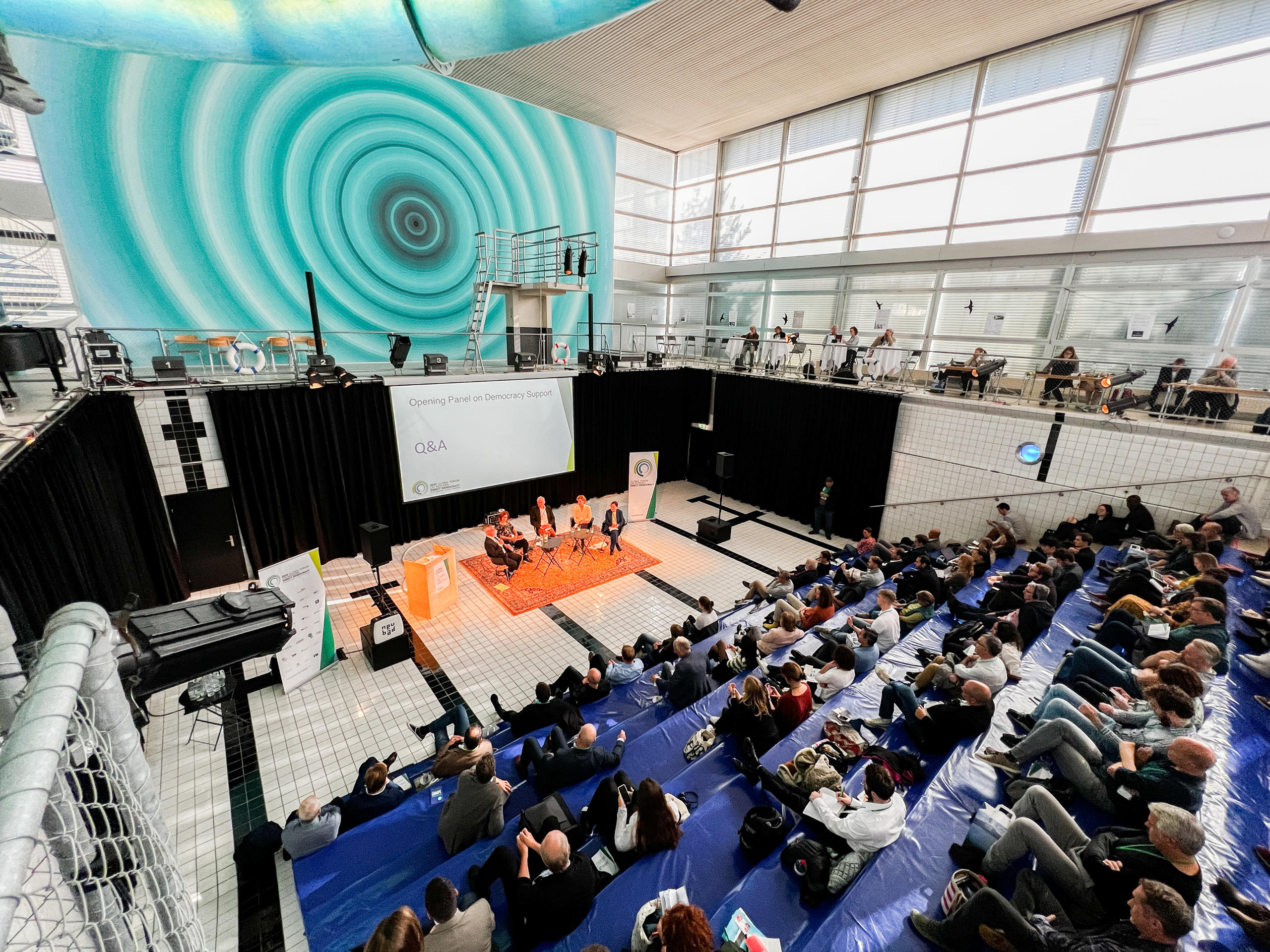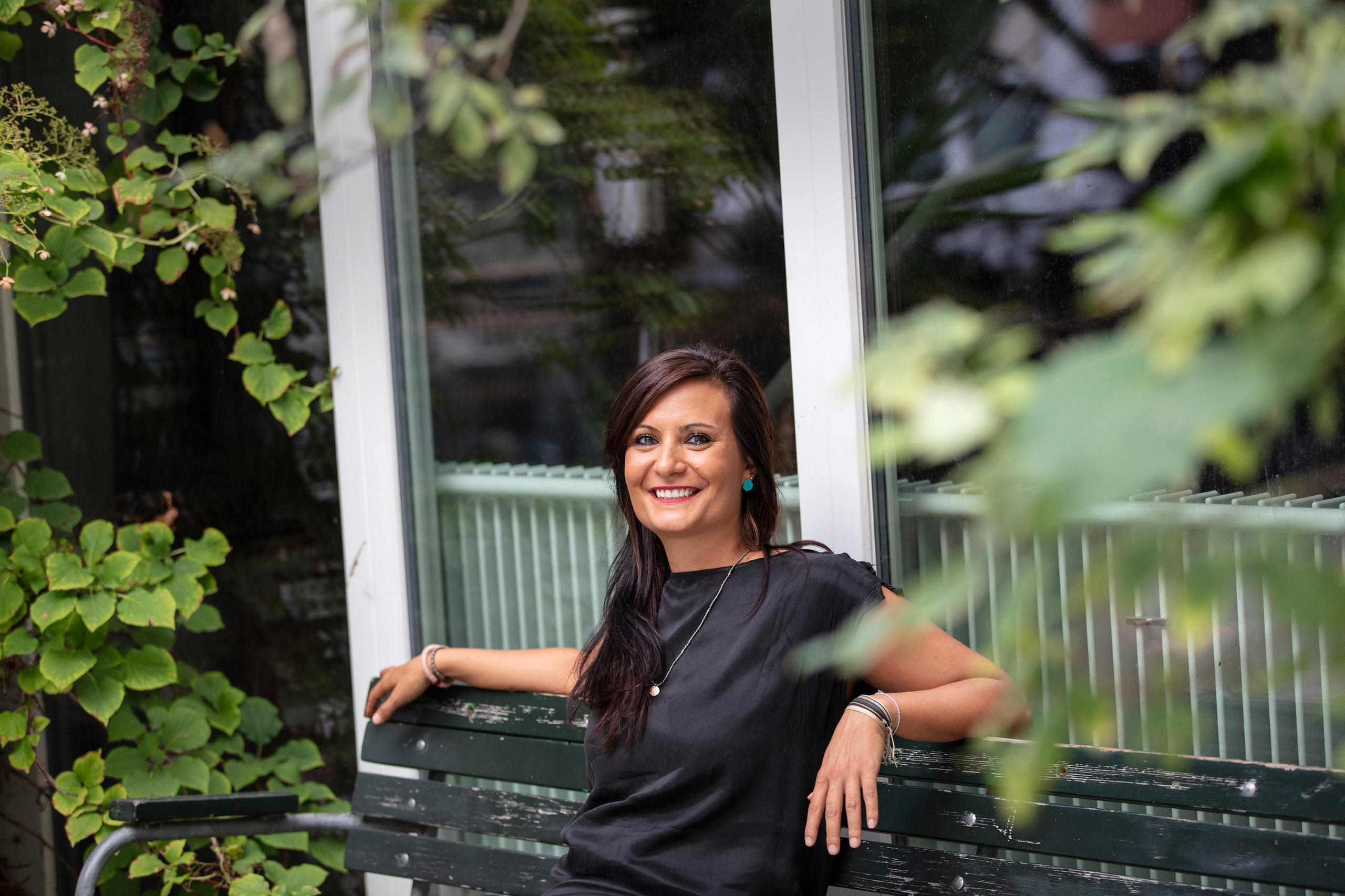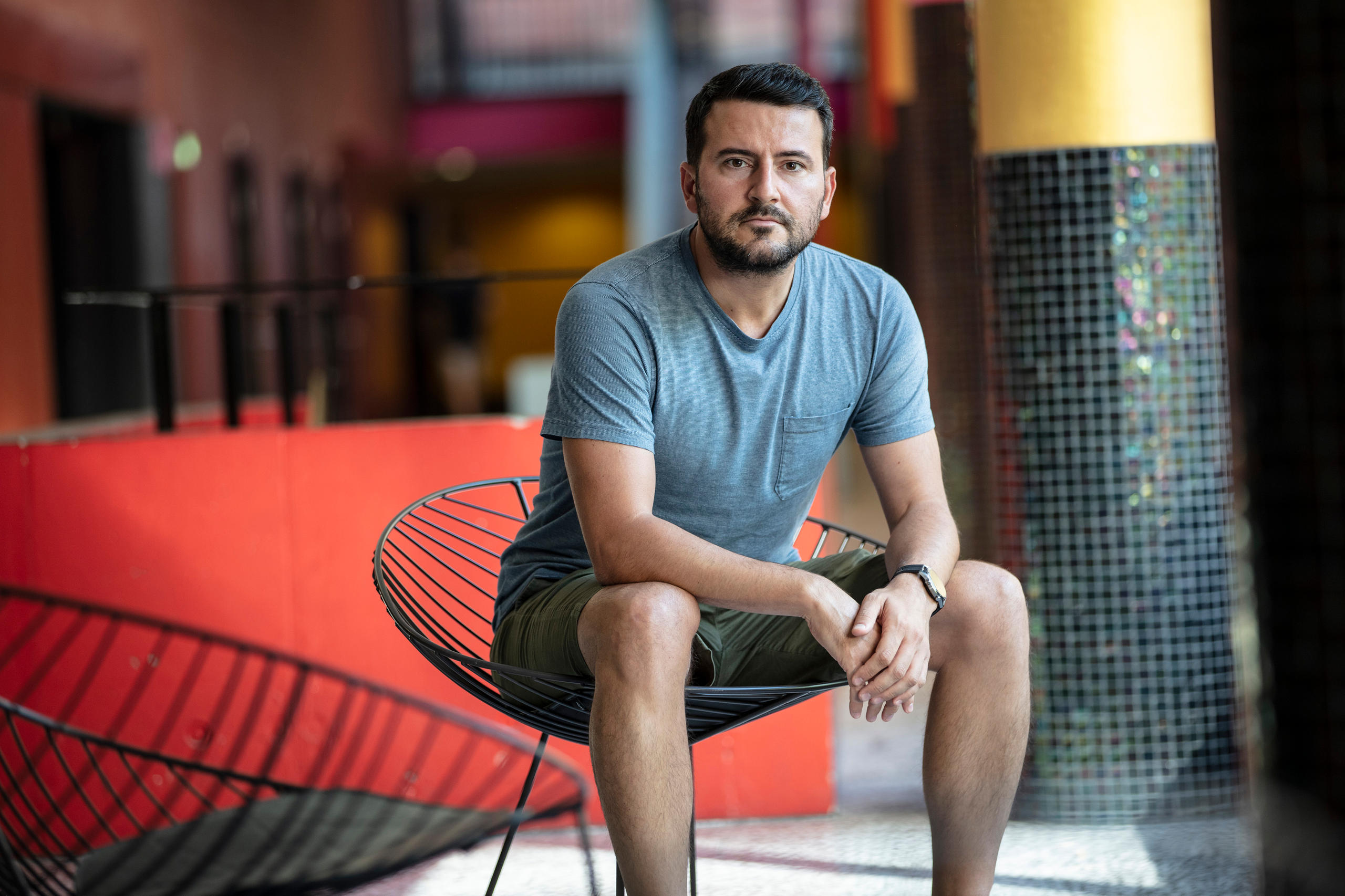How children can contribute to build better democracies

Children are often left out in discussions about shortcomings of participative democracy. An international panel in the Swiss city of Lucerne put the spotlight on the youngest members of society.
“We would take better political decisions if children were consulted too,” said Salvör Nordal, ombudsperson for children in Iceland.
The philosopher is convinced that children have a right to express their views and should therefore be systematically included in public opinion formation.
Nordal mentioned the example of a children’s assembly in her country two years ago that gave children aged 11 to 15 a platform to discuss their concerns in a “safe space”, that is, without interference of adults from the beginning. Only in later steps did grown-ups get involved to present the demands to politicians.
Many of the elected representatives acknowledged that they had not been aware of the specific worries of children as members of the society, said Noral.
The professor of ethics at the University of Iceland made the comment at a panel discussion at the Global Forum on Modern Direct DemocracyExternal link on Saturday. She had joined the Lucerne meeting online and exchanged ideas with three other international participants from Mexico, Germany and Italy.
Enthusiasm
Greta Ríos from the non-governmental organisation, OllinExternal link, has been involved in a project with a group of indigenous people in Mexico and witnessed how the children’s enthusiasm helped increasing political participation. Some of the kids pleaded with their own parents to take part.
“It showed that people are willing to engage if they feel that they can bring about change,” said Ríos.
The panelists agreed that children are by far not the only group which is excluded from the democratic process and efforts are needed to boost inclusion.
Asked to come up with a pitch for more diversity in the decision-making process, Sarah Händel of the German NGO, Mehr DemokratieExternal link (More Democracy), said it was time to create new forms of participation to give minorities in society a voice.
More
Antidote
“Inclusion is key to improve democracy especially in times of political and social increased polarisation,” she said.
Händel, who is director of Mehr Demokratie in the state of Baden-Württemberg in southern Germany, told the audience of a personal experience with a disgruntled citizen. A special effort to include the man in a first round of discussions and to understand him made it possible to have a meaning dialogue in a second round.
Learning to talk and to listen to others is a format the group has been offering hoping to help find ways to deal with major challenges in society and promoting direct democratic involvement.
“We must try include as many people as possible to rebuild trust between citizens and politicians,” she said.
Antonella Valmorbida of the European Association for Local DemocracyExternal link network made it clear that words alone are not enough for more democracy inclusion.
She appealed with passion for action at the local level, in communities and civil society groups.
“Local democracy and direct involvement of citizens is an added value everywhere,” she said.
The panel on strengthening democracy by boosting full participation of minorities was hosted by swissinfo.ch.
It was part of a five-day Global Forum on Modern Direct Democracy in the Swiss city of Lucerne with participants from more than 60 countries worldwide.
The event included panel discussions, plenary sessions, workshops and fringe activities with activists, researchers and scientists.

More
Global Forum for Democracy 2022 – voices for freedom in Lucerne

In compliance with the JTI standards
More: SWI swissinfo.ch certified by the Journalism Trust Initiative


















You can find an overview of ongoing debates with our journalists here . Please join us!
If you want to start a conversation about a topic raised in this article or want to report factual errors, email us at english@swissinfo.ch.